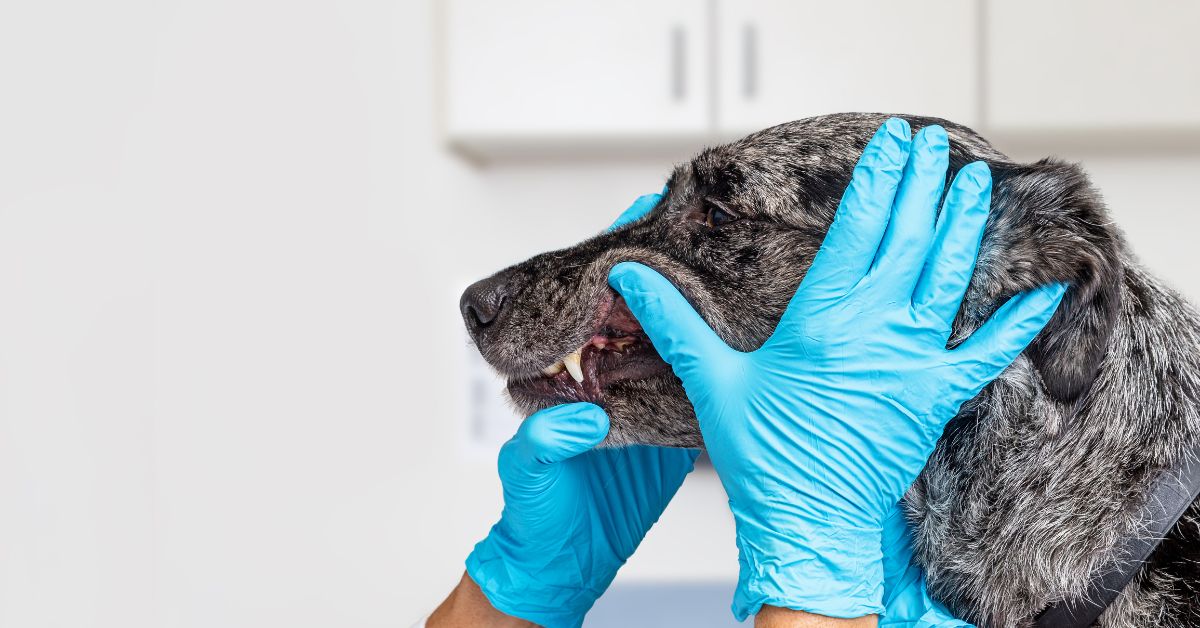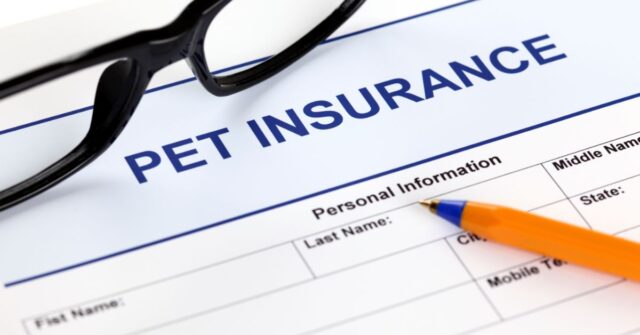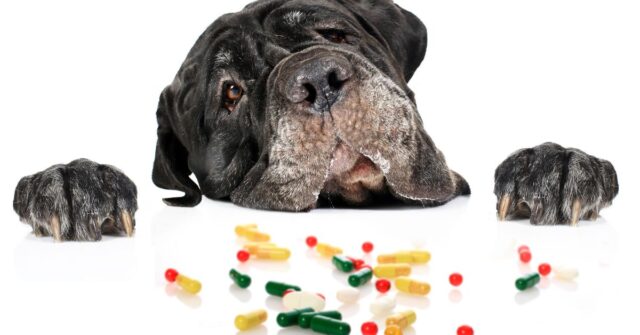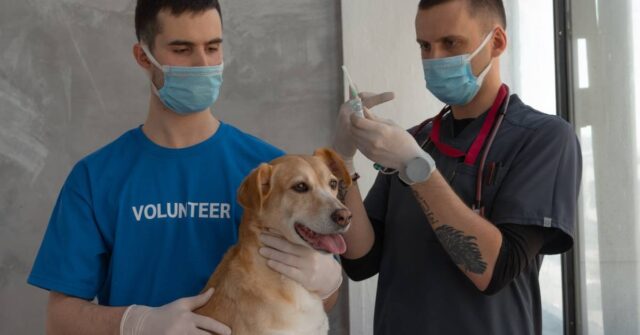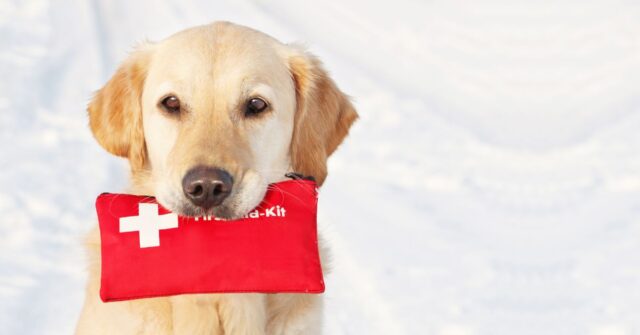Maintaining your dog’s dental health is crucial for their overall well-being.
This guide provides detailed insights into every aspect of dog dental care, ensuring you have all the information needed to keep your furry friend’s teeth and gums healthy.
From understanding dental anatomy to learning daily care practices and recognizing when professional help is needed, we’ve got you covered.
Introduction to Dog Dental Health
Just like humans, dogs need proper dental care to maintain overall health.
A dog’s mouth can be a source of various health issues if not properly cared for, leading to problems that affect more than just their teeth and gums.
Understanding the importance of dental care can help ensure your furry friend lives a long, healthy life with a dazzling smile.
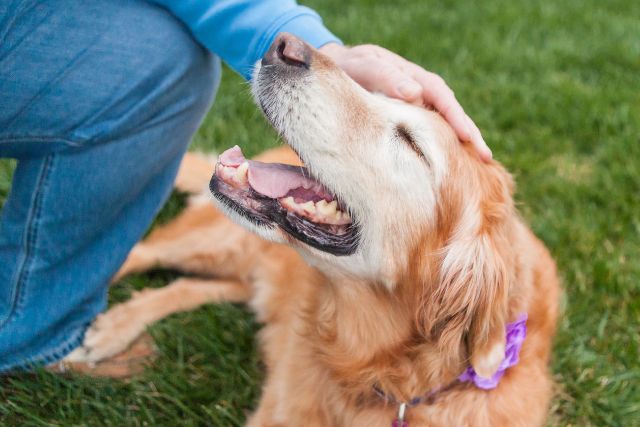

Understanding Your Dog’s Dental Anatomy
Understanding the structure of your dog’s teeth is the first step towards effective dental care.
Dogs have a different dental structure compared to humans, with 42 adult teeth designed for gripping, tearing, and chewing.
Each type of tooth has a specific role, and knowing this can help you better care for your pet’s dental needs.
Different Stages of Dental Development in Dogs
Dogs go through distinct stages of dental development from puppyhood to adulthood.
- Newborn puppies are toothless.
- By 3 to 6 weeks, their deciduous teeth, also known as baby teeth, begin to emerge.
- At around 12 to 16 weeks, these baby teeth start falling out, making way for the permanent set.
- By the age of 6 months, most dogs will have their full set of 42 adult teeth.
This progression is crucial as it dictates how you should care for their teeth at each stage.
During teething, puppies often feel the urge to chew more, which can be managed with appropriate teething toys. Recognizing these stages can help in preventing and addressing dental issues early on.


Common Dental Issues and Their Symptoms
Common dental issues in dogs include periodontal disease, gingivitis, and tooth fractures.
Periodontal disease, affecting the gums and structures supporting the teeth, is prevalent among dogs and can lead to severe health problems if untreated.
Symptoms to watch out for include bad breath, inflamed or bleeding gums, difficulty eating, and excessive drooling.
Regular checks at home and professional dental evaluations can help detect these issues early, ensuring timely intervention and treatment.
Step-by-Step Guide to Brushing Your Dog’s Teeth
Brushing your dog’s teeth is a crucial part of their dental hygiene routine.
It’s not just about keeping their breath fresh; regular brushing can prevent serious dental diseases and improve their overall health.
This section provides a comprehensive guide to brushing your dog’s teeth effectively and safely.
Choosing the Right Tools and Toothpaste
Using the right tools is essential for effective dog dental care. Dog-specific toothbrushes, often with softer bristles and angled handles, are designed to reach all parts of a dog’s mouth.
Equally important is using toothpaste formulated for dogs. Human toothpaste can be harmful due to ingredients like fluoride.
Dog toothpaste comes in flavours that dogs find palatable, making the brushing process easier.
Techniques for Effective Teeth Brushing
Brushing your dog’s teeth can be challenging initially, but with patience and consistency, it becomes easier.
- Start by letting your dog taste the toothpaste.
- Gradually introduce the toothbrush, allowing them to sniff and get used to it.
- Lift their lip to expose the teeth, then gently brush in small circular motions, focusing on the gumline where plaque tends to accumulate.
It’s important to be gentle and patient, praising your dog throughout the process to make it a positive experience. Aim to brush your dog’s teeth daily to prevent plaque buildup and maintain oral health.
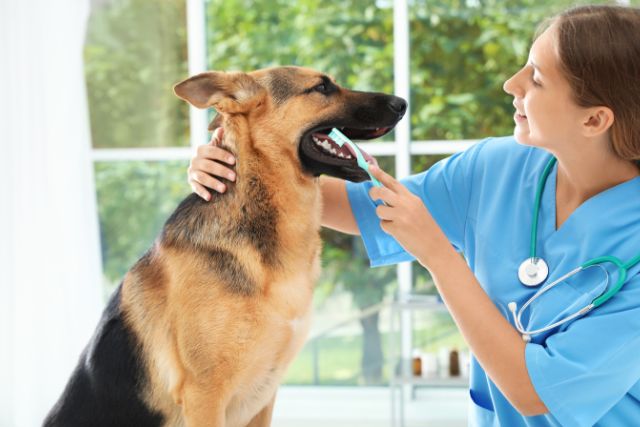

How Often Should You Brush Your Dog’s Teeth?
Daily brushing is ideal, but brushing at least a few times a week can significantly reduce plaque and tartar buildup.
Establishing a regular routine helps in making the process less stressful for both you and your dog. Consistency is key to maintaining your dog’s dental health.
Professional Dental Care for Dogs
While daily home care is essential, professional dental cleanings are equally important.
Veterinarians have the tools and expertise to perform thorough cleanings and address issues that may not be apparent to the untrained eye.
This section explains the importance of professional care and what to expect during a veterinary dental visit.
The Importance of Regular Dental Check-Ups
Regular dental check-ups are crucial for identifying and addressing dental issues that may not be visible to the naked eye.
Veterinarians can perform comprehensive examinations, including X-rays if necessary, to detect problems below the gumline.
These check-ups help prevent more severe health issues linked to poor dental hygiene.
What Happens During a Professional Dental Cleaning?
During a professional dental cleaning, your dog will be put under anesthesia to allow the vet to thoroughly clean and examine their teeth.
This process includes scaling to remove plaque and tartar, polishing to smooth out any rough spots, and sometimes fluoride treatment.
The vet will also check for any signs of dental disease or damage that needs treatment.
Recognizing When Your Dog Needs Professional Care
If your dog shows signs of dental pain, such as reluctance to eat, pawing at the mouth, or visible swelling, it’s time to seek professional care.
Regular annual or bi-annual dental check-ups can help catch these issues early before they develop into more serious conditions.
Preventive Measures and Home Care Tips
Preventing dental diseases before they start is the best approach to maintaining your dog’s oral health.
From choosing the right dental chews to establishing a daily dental care routine, preventive measures can save your dog from discomfort and serious health issues.
Here, we share practical tips for keeping your dog’s teeth healthy at home.
Daily Practices to Prevent Dental Diseases
Aside from regular brushing, offering dental chews and toys can help maintain your dog’s dental health.
These products are designed to reduce plaque and tartar buildup while satisfying your dog’s natural urge to chew. Look for products approved by the Veterinary Oral Health Council (VOHC) for effectiveness.
Safe Chews and Toys for Dental Health
Not all chews and toys are safe for your dog. Hard bones or antlers can cause tooth fractures, while softer, rubber toys designed for dental health are a better option.
Dental chews specifically designed to clean teeth and massage gums are also beneficial. Always supervise your dog while they’re chewing to prevent choking or ingestion of small pieces.


Signs of Dental Problems and Early Intervention
Early signs of dental problems include bad breath, discoloured teeth, swollen or bleeding gums, and changes in eating habits.
If you notice any of these signs, it’s important to consult your veterinarian. Early intervention can prevent more serious health issues and ensure your dog’s comfort and well-being.
Diet and Nutrition for Healthy Dog Teeth
Your dog’s diet plays a significant role in their dental health. Certain foods can help clean their teeth and reduce plaque buildup, while others may contribute to dental issues.
This section discusses the best dietary practices and supplements to support your dog’s dental health.
Best Foods for Dental Health
A balanced diet is crucial for maintaining your dog’s dental health. Dry kibble can help reduce plaque compared to wet food, which tends to stick to teeth.
Special dental diets are available that are formulated to promote oral health. These foods are designed to reduce tartar and plaque buildup as your dog eats.
Supplements That Help Prevent Dental Issues
Some dietary supplements can support dental health by promoting healthy gums and reducing plaque. These can include enzymatic additives to water or food that help break down plaque and tartar.
Always consult your veterinarian before introducing any new supplements to your dog’s diet to ensure they are safe and effective.


Dental Emergencies: What to Do
Dental emergencies can be painful and distressing for your dog. Knowing how to handle these situations can make a big difference in your pet’s recovery and comfort.
This section covers common dental emergencies and provides guidance on immediate steps to take and when to seek professional help.
Handling Broken Teeth and Other Dental Injuries
If your dog suffers a broken tooth or any other dental injury, it’s important to seek veterinary care immediately.
A broken tooth can be very painful and may lead to infection. In the meantime, try to keep the area clean and avoid feeding hard foods that could cause further damage.
When to Seek Immediate Veterinary Attention
Immediate veterinary attention is necessary if your dog shows signs of severe pain, bleeding, or swelling in the mouth.
Difficulty eating, excessive drooling, and sudden changes in behaviour can also indicate serious dental issues that require prompt professional care.
FAQs on Dog Dental Care
Many dog owners have questions about how to best care for their pet’s teeth.
This FAQ section addresses some of the most common concerns, providing clear and practical answers to help you maintain your dog’s dental health effectively.
How Should I Deal with Puppy Teething?
Teething can be a challenging time for both puppies and their owners. Providing appropriate teething toys can help soothe your puppy’s gums and satisfy their urge to chew.
Frozen toys or wet washcloths can provide additional relief. Training your puppy not to bite is also essential during this phase.


Can Dogs Get Cavities?
While less common than in humans, dogs can get cavities. These are typically caused by poor diet and lack of dental care.
Regular brushing, a balanced diet, and routine veterinary check-ups can help prevent cavities from developing.
Myths and Misconceptions About Dog Dental Care
There are many myths surrounding dog dental care, such as the idea that dogs naturally clean their teeth by chewing bones or eating dry food.
While chewing can help, it’s not a substitute for regular brushing and professional care. Dispelling these myths can help dog owners provide better care for their pets.
Local Resources in Sydney for Dog Dental Care
Sydney is home to many skilled veterinarians and pet care specialists. Finding the right resources can make dental care easier and more effective for your dog.
This section offers recommendations for local veterinary services and tips on selecting the best care providers in Sydney.
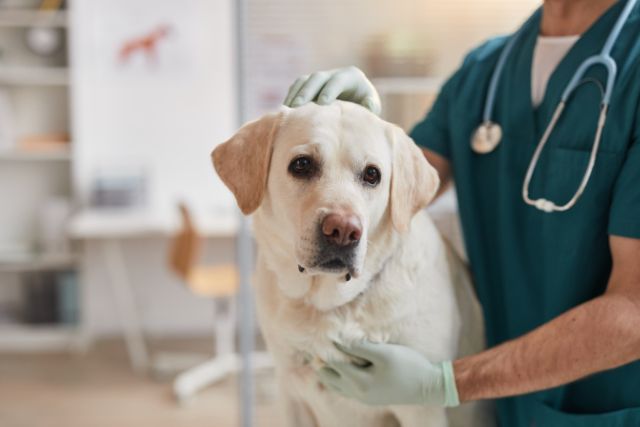

Veterinarians and Dental Specialists
In Sydney, there are numerous veterinarians and specialists who offer excellent dental care for dogs.
Researching and choosing a reputable clinic with experienced staff can make a significant difference in your dog’s dental health. Look for recommendations and reviews from other pet owners in your area.
Tips for Finding the Right Vet in Sydney
When looking for a vet in Sydney, consider factors such as their experience with dental procedures, the clinic’s facilities, and the range of services offered.
Personal referrals from friends or online reviews can provide insights into the quality of care provided.
Regular visits to a trusted vet can ensure your dog’s dental health is monitored and maintained effectively.

